Discover the incredible impact of Code Club: The Code Club annual survey report 2025
We’re pleased to share highlights from the 2025 Code Club annual survey report today, showcasing another year of incredible achievements and the positive impact of the global Code Club community.
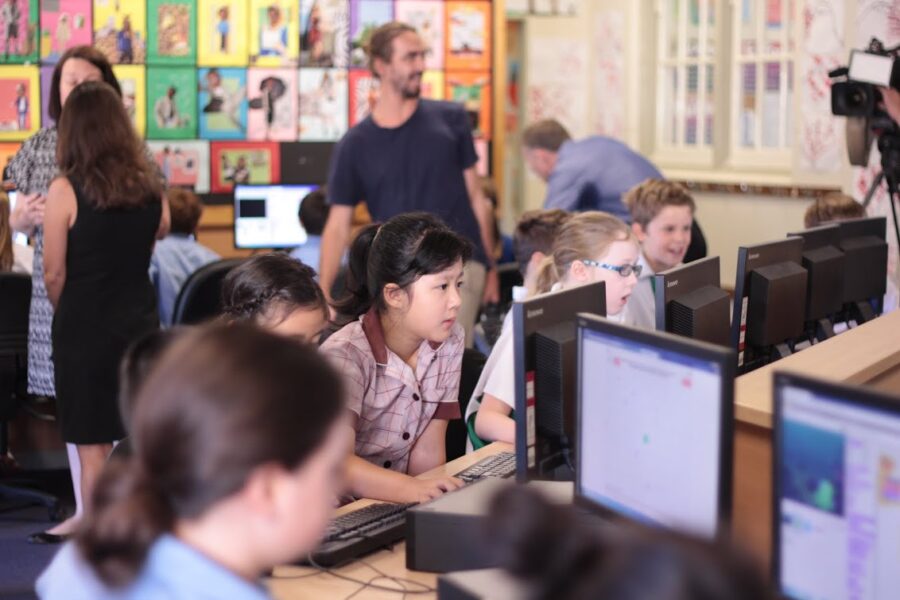
Code Club is a global movement of free coding clubs where school-aged young people — called creators — develop the confidence to create with digital technologies. Code Clubs take place in schools and community venues like youth clubs, libraries, and maker spaces and are run by teachers, educators, and volunteers from all walks of life — known as mentors. These incredible mentors make Code Clubs possible and we are so grateful for their hard work.
About the 2025 survey report
This Code Club annual survey report presents key responses from 775 mentors gathered via surveys and feedback from partners.
This year, 7,494 Code Clubs have confirmed they have been active in the last two years, with clubs in 102 countries. We estimate 257,000 creators are involved in clubs and 43% of creators are female. As one UK Code Club mentor put it: “Girls who didn’t think it was for them now have confidence”.
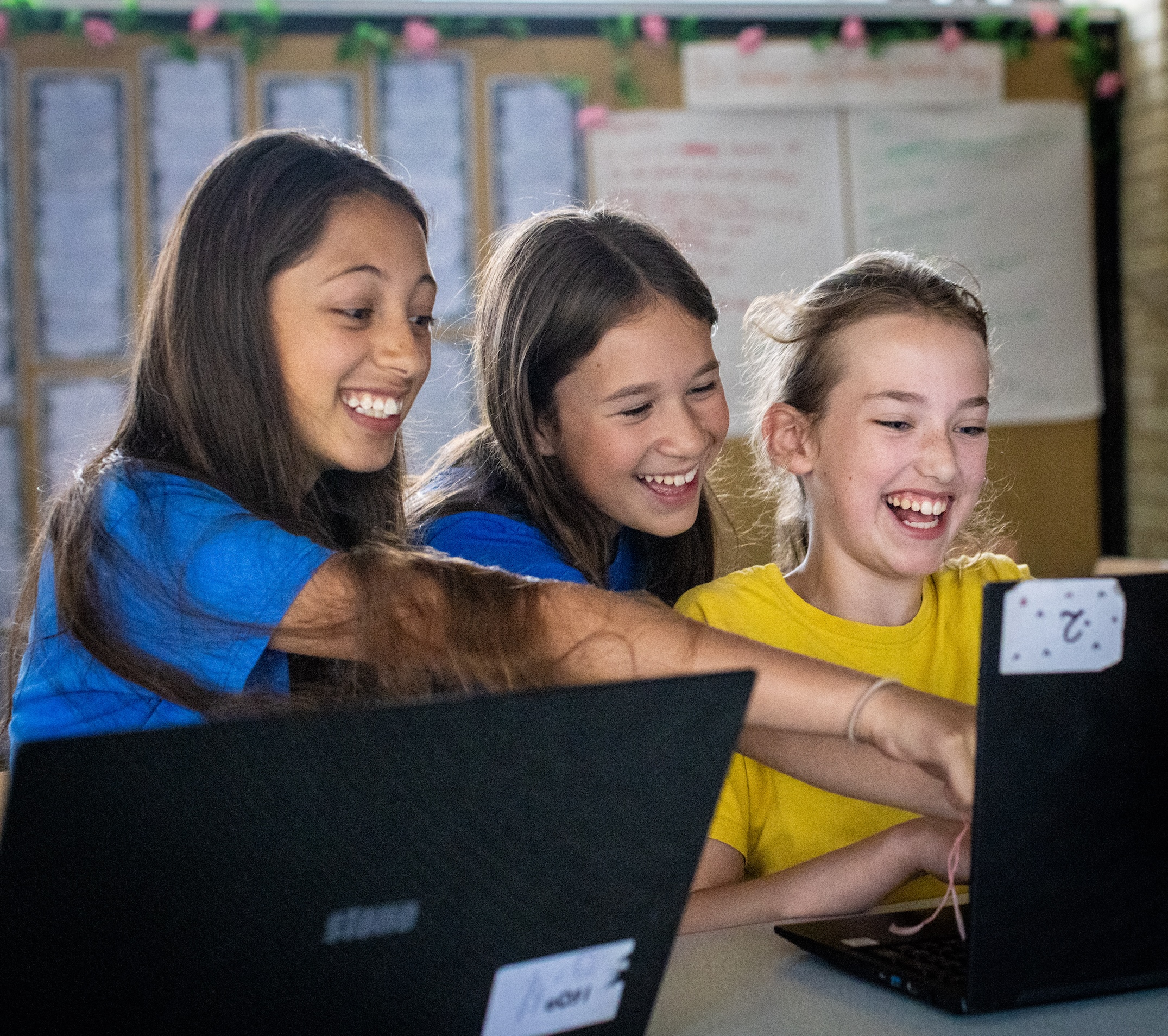
Code Clubs have a positive impact on young creators
In 2024, an independent evaluation by the Durham University Evidence Centre for Education provided evidence of positive outcomes for young people attending Code Clubs. We are continuing to build on this evidence, with 96% of mentors responding to our surveys agreeing that creators have increased skills in computing and digital making, as well as increased confidence to engage with technology as a result of attending a Code Club.
Here are a few of the examples mentors gave of the impact Code Club has on creators:
- Confidence: “[Creators become] more confident using technology and making friends. Some really come out of their shell compared to when they started.” – Code Club mentor, UK
- Skill development: “They come into the club with no coding skills (some barely know how to use a computer) and leave as competent, literate, coders.” – Code Club mentor, Canada
- Enjoyment: “One of our core principles is that coding should be fun… we give them creative ways to expand on the task. They learn to push themselves a bit beyond a task, and look for more things.” – Code Club mentor, the Netherlands
- Social skills: “One great outcome has been the socialization that occurs. Kids in our club are definitely making friendships and improving their soft skills.” – Code Club mentor, USA
- Continued participation: “It has increased their passion for tech and how to create new things to solve problems.” – Code Club mentor, Ghana
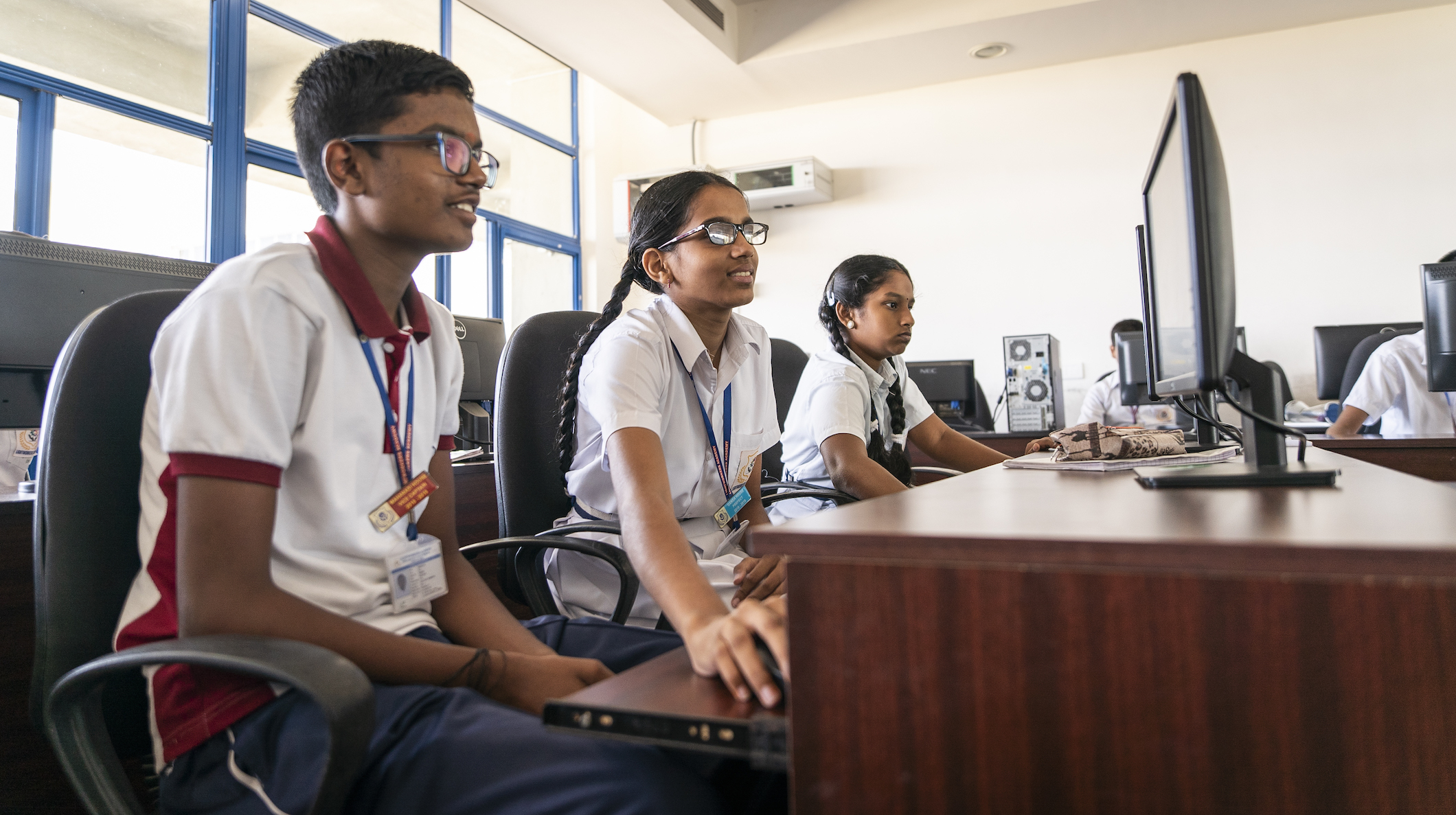
Increasing access to technology
Code Club also plays an important role in increasing access to technology for creators who would otherwise not have access. We work with partners across the world to run clubs in areas of educational disadvantage to ensure that Code Clubs are available to creators from all backgrounds to address this need.
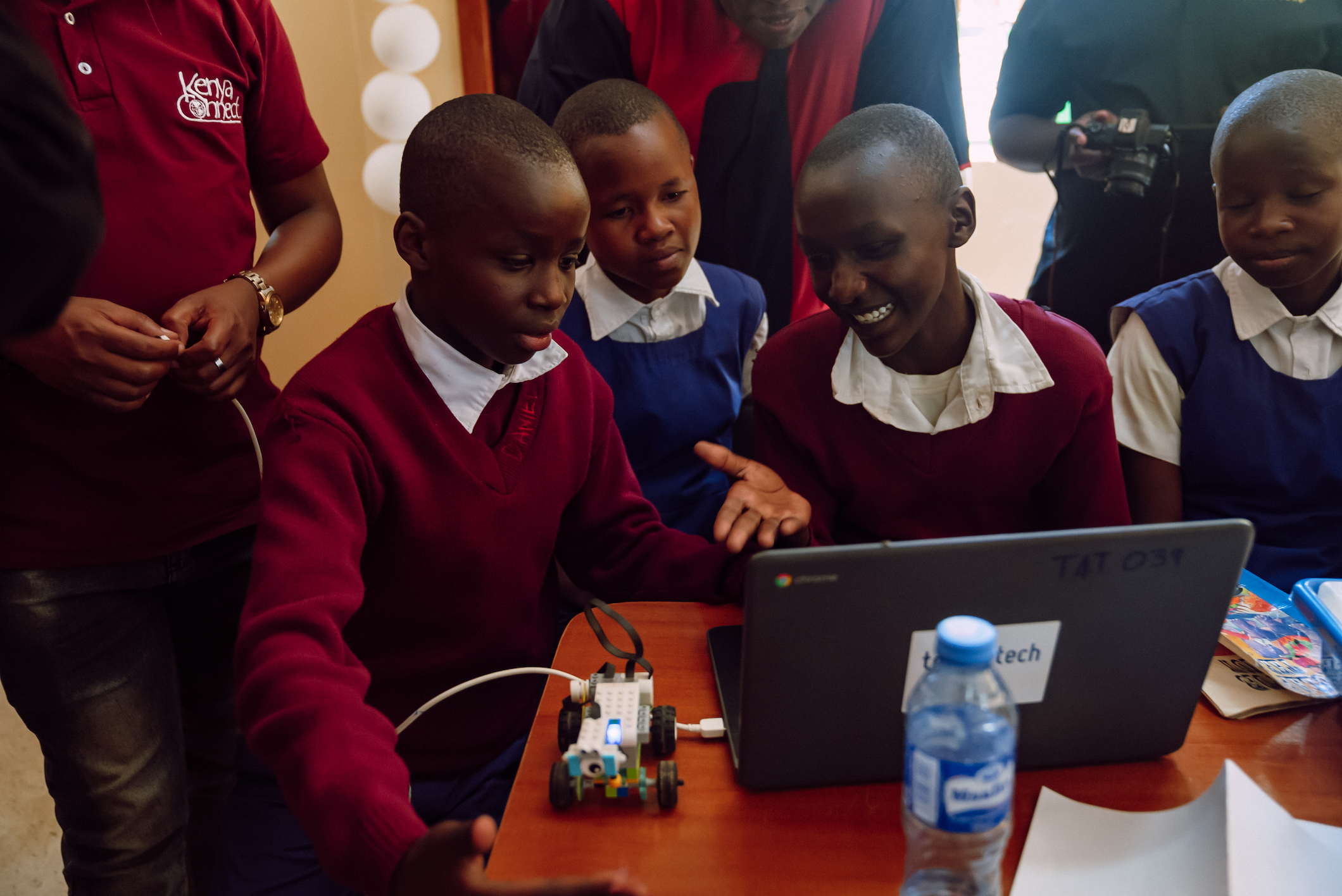
In some regions, Code Club provides creators with their first significant encounter with digital making. A mentor in Kenya told us that Code Club ensured that creators in his area were not “left behind”. A Code Club mentor in Tunisia told us “[…] access to coding is very limited, our club contributes to reducing this inequality”.
Next steps
Read the full report to dive deeper into the data and stories from the Code Club community!
We are an impact-focused organisation and are always looking to understand how we can improve and increase the impact we have on the lives of children and young people. Over the coming weeks we will be reviewing the feedback we have received to understand how we can support the Code Club community even better.

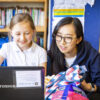
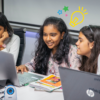
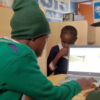
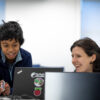

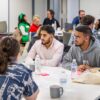
1 comment
Daisy Abshire
Really enjoyed reading about the impact of Code Club! It’s amazing to see how much kids are learning through coding. Keep up the great work!